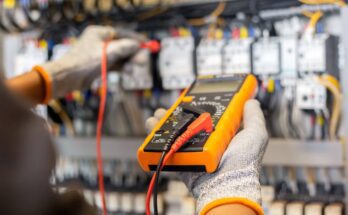Tracking mail-in ballots. Ballot-tracking software and intelligent mail barcodes (IMb), which the US Postal Service uses to sort and track mail, can make mail-in voting more transparent and accountable. This technology can show voters their ballot’s whereabouts as it makes its way through the postal system. More than 45 states currently offer some version of this service. But not all states do, which leaves some voters in the dark. This may make those voters more vulnerable to disinformation about how their ballots are being handled–especially if they’re voting by mail for the first time.
Reporting results. Modern voting technology can scan hundreds of mail-in ballots per minute to record voters’ choices. It also allows election officials to digitally adjudicate any questionable voter marks without ever handling the physical ballots themselves. In this way, scanning technology can help us count votes faster.
Unfortunately, outdated policies in some states are slowing this process down. Most states allow election officials to start scanning mail-in ballots weeks before Election Day. But in other states (including Pennsylvania and Wisconsin), officials must wait until Election Day to begin opening them. Such policies create a bottleneck in the counting process and draw it out until well past Election Day, extending the window during which election disinformation could spread.
All three of these examples show how election technology can facilitate voting if used appropriately. In the end, though, technology will neither make nor break the election. Instead, a combination of policy, procedures, technology, and personnel shapes how the vote is recorded. It’s essential for voters to maintain perspective: technology and process errors are likely just errors, not evidence of political mischief. To tell the difference, voters should rely on trusted sources–namely, state and local election officials who are on the front lines of democracy.
Edward Perez is an expert in election technology and election administration. He is global director of technology development at the OSET Institute, a nonpartisan, nonprofit organization engaged in election infrastructure research and public technology development.


